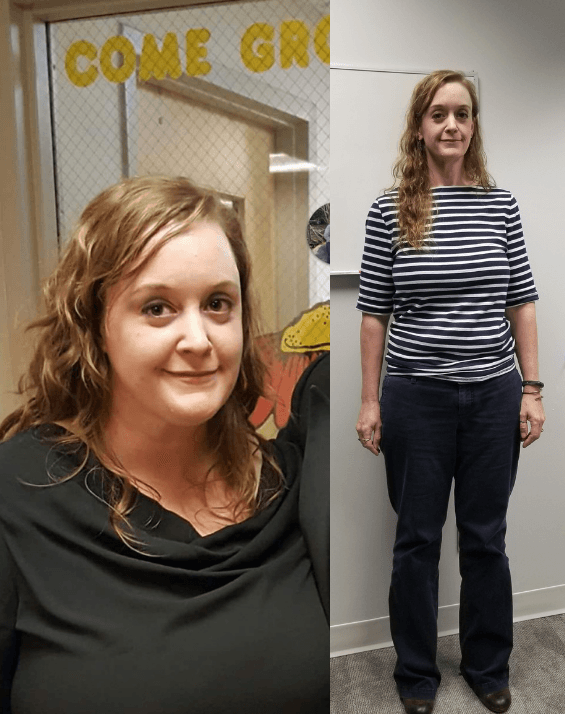

Any type of surgery is scary—especially serious, life-changing operations like an adrenalectomy. However, new surgical developments, using laparoscopy instead of large invasive incisions, make this procedure much less risky for patients, with many returning to normal activities shortly after. Of course, if your doctor has scheduled you for a laparoscopic adrenalectomy, you probably have a million questions about this type of surgery and the risks involved.
In this post, we will address frequently asked questions about the surgery, recovery process, potential side effects, and long-term outcomes.
What is Laparoscopic Adrenalectomy Surgery?
An adrenalectomy is the removal of one or both of the adrenal glands. In recent years, operative laparoscopy has revolutionized adrenal surgery, making it less invasive and much less risky for patients. With this procedure, surgeons use a laparoscope, a small tool with a camera attached, and other instruments to perform surgery through small incisions and remove the adrenal gland.
Why is laparoscopic adrenalectomy performed?
Surgeons will recommend a laparoscopic adrenalectomy for individuals with adrenal gland tumors, including benign adenomas, adrenal cancer, or conditions such as Cushing’s syndrome, Conn’s syndrome, or pheochromocytoma.
Who is a good candidate for laparoscopic adrenalectomy surgery?
Surgeons often perform laparoscopic adrenalectomy when a patient has a tumor on one or both of their adrenal glands, their adrenal glands produce too many hormones, or they have a condition called Cushing’s syndrome. However, if they have a tumor larger than about 8 cm or other confounding problems arise, a standard procedure with a larger incision is preferred.
What are the benefits of laparoscopic adrenalectomy?
The adrenal glands are small, which is why surgeons can use the minimally invasive laparoscopic approach to remove them. Laparoscopic surgery has many benefits over the standard procedure, including smaller scars, less recovery time, and less pain.
How long is recovery after an adrenalectomy?
Laparoscopic adrenalectomy is a minimally invasive procedure, which means there is less postoperative pain and length of hospitalization. Most patients require only a single night hospital stay after the surgery and are able to return to normal activities after about a week. However, patients should still avoid strenuous activities for a while after or until recommended by their doctor.
These results represent a significant improvement compared to the standard open adrenalectomy, which came with greater risks of infection and other complications.
Is there pain after laparoscopic adrenalectomy?
Because this procedure is minimally invasive, patients report a requirement for pain medications that lasts an average of 2-3 days with a “return to normal activities” by 5-7 days.
What happens after adrenalectomy?
When a surgeon removes the adrenal gland due to a tumor or other confounding issue, they send it to a laboratory to be examined. Next, pathologists will study the gland and report their findings and the need for follow-up care to the patient’s doctor.
If only one adrenal gland is removed, the remaining gland usually takes over the work for both adrenal glands. Patients who have had one adrenal gland removed may need to take hormone replacement medicine until the other gland catches up.
If the surgeon removes both adrenal glands, then the patient will need to take hormone replacement medications for the rest of their lives to make up for the hormones the glands would make.
What are the risks associated with laparoscopic adrenalectomy?
Laparoscopic adrenalectomy is a very safe procedure, but it still comes with some possible risks, including:
- Bleeding
- Infection
- Injury to surrounding organs
- Conversion to open surgery
Even so, the risk of complications during laparoscopic adrenalectomy is much lower when compared to open surgery.
Laparoscopic Adrenalectomy Surgery at BMI
Laparoscopic adrenalectomy is a safe and effective surgical option for the treatment of various adrenal gland disorders. By addressing common questions and concerns, we hope to alleviate any apprehensions you may have about undergoing the procedure.
At Birmingham Minimally Invasive, we are performing laparoscopic adrenalectomy on a routine basis. There are many benefits to this minimally invasive approach, including less pain, shorter hospital stays, and a quick recovery period. These results represent a significant improvement compared to the standard open adrenalectomy that has been done in the past.
At Birmingham Minimally Invasive, we understand how much an adrenalectomy can change your life. That’s why we provide compassionate care and are there for our patients through the process, from pre-op to the end of their recovery and beyond.
Healthy and Happy Living After Weight Loss Surgery at BMI
Birmingham Minimally Invasive Surgery supports you by ensuring you have a clear understanding of what to expect during your laparoscopic adrenalectomy, including how to manage any side effects or discomfort. Our compassionate team will be here to answer all questions and concerns as they arise. If you have specific concerns or questions, contact BMI for personalized support. You can call us anytime at (205) 858-1211.











